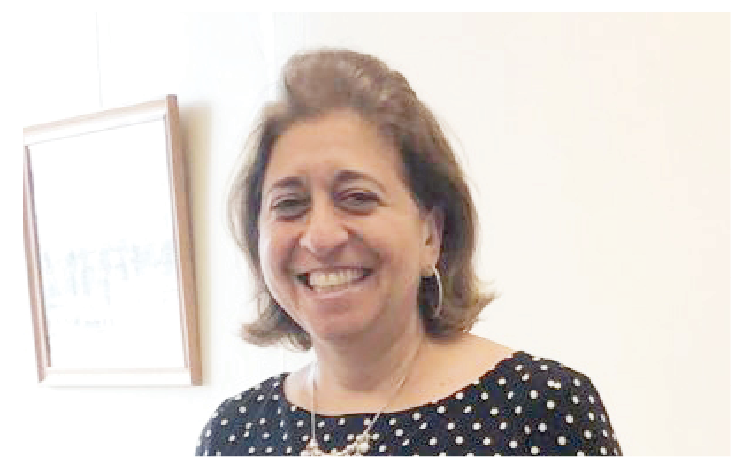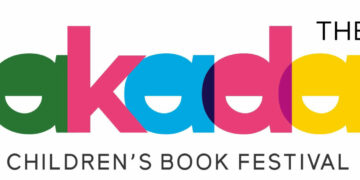World Intellectual Property Organisation (WIPO) says Africa requires a comprehensive and integrated approach to tackle copyright infringement challenges exacerbated by advancements in digital publishing.
WIPO copyright development senior coordinator Regional and National Development Sector, Sherine Greiss, disclosed this at the inauguration of the Pan African Writers Association (PAWA) newly elected council recently.
Currently valued at over $2.3 billion, Africa’s publishing industry, Greiss said, is witnessing a creative surge; what with 100, 000 new works published annually, and the onset of digital publishing which is projected to reach 220 million users by 2027, the latter has unlocked unprecedented opportunities for African authors to reach broader audiences, bypass traditional gatekeepers, and participate in a growing global literary economy.
However, despite the hopeful figures, these digital advances come with new and complex risks. African authors earn less than 5 percent in royalties – which is well below what their counterparts earn in other parts of the world.
The reasons for such poor returns range from unauthorized sharing of eBooks to unlicensed use of digital content across platforms, authors lack of legal knowledge or resources to defend their rights to underdeveloped or under-resourced enforcement mechanisms, she said. Similarly, authors often face limited access to publishing platforms, weak distribution networks, and poor copyright protections.
To tackle the problem, Greiss said a comprehensive and integrated approach is required to address four key areas – build stronger legal frameworks that are updated for the digital age and harmonized across regions; efficient collective management systems that support (copyright) holders to track usage of their works and to receive royalties; host training and capacity-building for authors, publishers and policymakers on copyright basics and contractual best practices; and embark on public awareness campaigns to educate consumers about the value of creative work, and the harm caused by piracy.
“This is where organizations like PAWA, and partnerships with institutions like WIPO and the International Federation of Reproduction Rights Organizations (IFRRO) make a difference.
“Copyright is not just a legal tool, it is an enabler of cultural and economic development. The book industry offers a powerful platform for self-expression, cultural preservation and creative entrepreneurship.
“By investing in this sector, we are not only nurturing talent, we are unlocking a reservoir of potential jobs and enabling young people to contribute meaningfully to the social and economic development of their countries.
“If we want a flourishing Africa, we must ensure that books are not only written, but published, protected and read. Only then will authors, publishers and future generations of storytellers truly thrive,” concluded Greiss.





